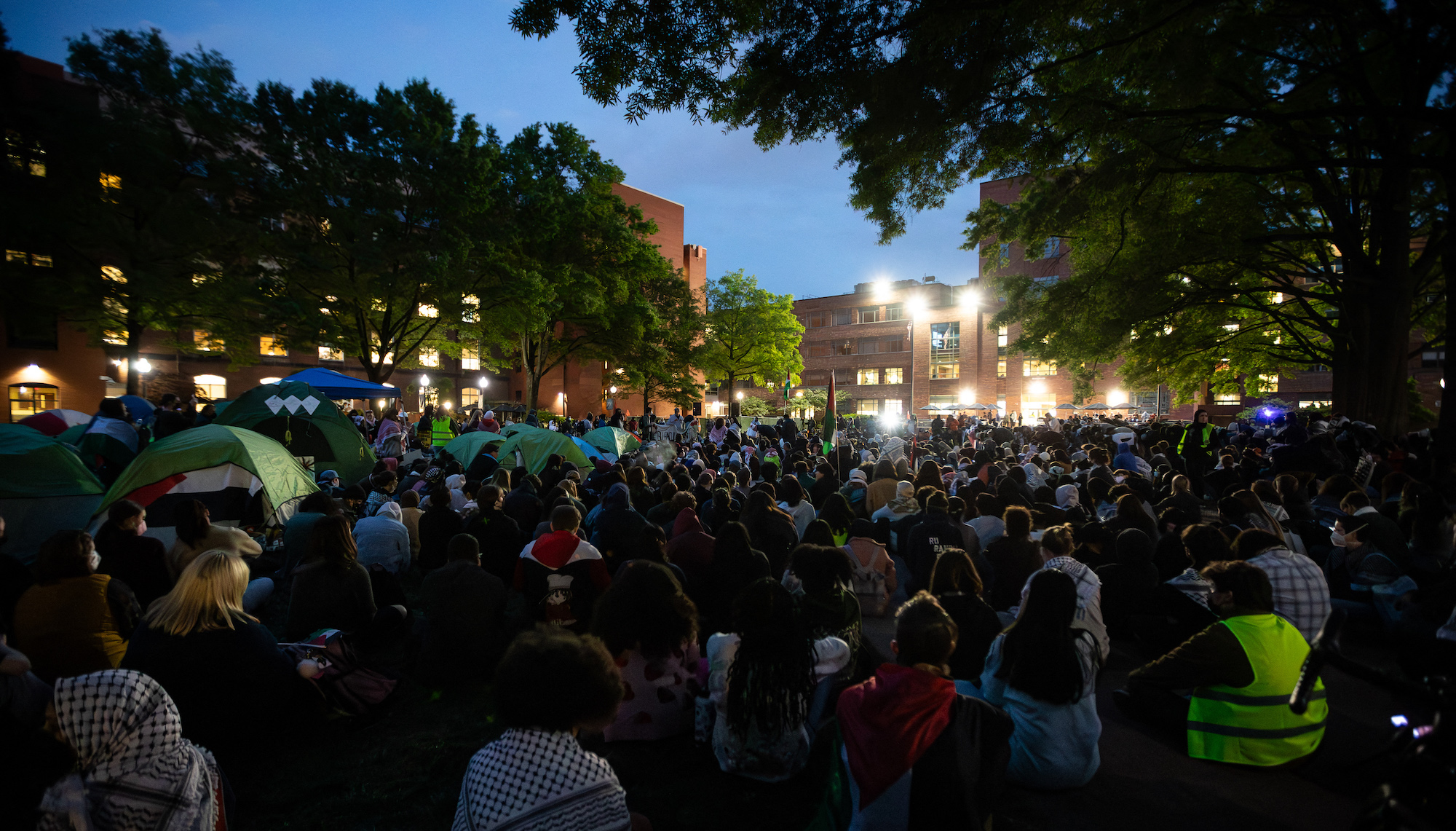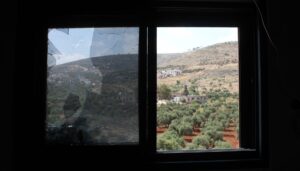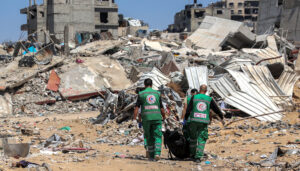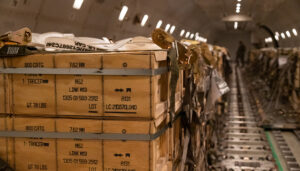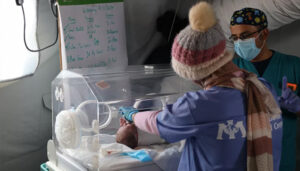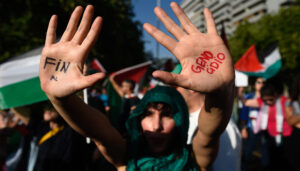
Written by Lina Ejeilat
The camera crane comes swinging down amidst the ancient columns of the Citadel, with a panoramic view of Amman, and zooms in on the old airport janitor Abu Raed as he sits surrounded by a group of poor kids, recounting to them tales and adventures from travels worldwide.
This is not an international production using Jordan as a set for Iraq, Nazareth, or Mars. It’s the set of the first Jordanian feature film in over 50 years; the film whose team believes will put Jordan on the map of international cinema production. It’s the set of Amin Matalqa’s much talked about “Captain Abu Raed.”
“If you’re not contributing from your culture and stories to the world cinema,” executive producer David Pritchard states, “then you’re a read-only culture, and you’re destined to be run-over by everyone’s cultural imperatives and stories.” Rather than just bringing foreign productions to shoot in Jordan, Pritchard strongly believes it is more important to build a local filmmaking community. “The incentive for me is clearly to build an industry in a country where most of the images and stories coming out of the Arab world to the West are quite negative.”
It all started back in 2004, when Pritchard, producer of the Simpsons and Family Guy, met with Amin and Laith Majali in L.A, and discussed with them writing a Jordanian script. Pritchard, who has been coming to Jordan regularly since 1973, and who has worked with Rubicon on the production of the cross-cultural Jordanian animated series Ben and Izzy, told Laith and Amin that they should write a story that Roberto Begnini or Charlie Chaplin would have starred in. “If you look at all the Chaplin films,” Pritchard says, “you have a character that has enormous internal strength but that also has pathos, sympathy and empathy that everybody universally can relate to.”

Amin and Laith came up with the character of an old airport janitor who dreams of traveling the world, but who has traveled the world internally. In his poor neighborhood, Abu Raed befriends a group of children who show up at his doorstep wanting to hear stories of his adventures as a pilot around the world. While Abu Raed takes these kids to colorful places through his fictional adventures, he begins to discover some of the grim realities in the homes of two of the children, and takes it upon himself to make a difference in their lives.
Casting of the children for the film started last summer, and it took Amin and his team to orphanages and refugee camps all over Jordan, where they interviewed over 250 kids and selected 12 out of them. Afterwards these kids were given basic training in acting for film and television at the Center for Performing Arts – Nour Al Hussein Foundation. Amin describes working with these children as one of his favorite parts of the entire Captain Abu Raed experience. “It’s quite a challenge but also very rewarding,” he says.
Pritchard says one of the things he hopes to do when the film is finished is to find a format for these children to continue to do things together for television. “They have developed a certain companionship and relationship with each other, and the quality of that performance is quite obvious.”
Another main character in the film is the young female pilot, Nour, with whom Abu Raed develops another friendship. Nour is played by JTV’s popular “Yes’ed Sabahak” presenter Rana Sultan.
Production was initially intended to start last summer, but we weren’t as prepared as we felt we should be,” says Majali, the editor and one of the producers. “This turned out to be a good thing because we now have an even better crew and better equipment.” The crew brings together professionals from all over the world; with people like DP Reinhart (Ray) Peschke, producer Ken Kokin (the Usual Suspects), and Jim Greyford, amongst many others.
The financing of the film is done through Paper and Pen Films, the first Jordanian-based finance and distributing company that aims to build a Jordanian film industry that will stimulate both feature and documentary film production from Jordan to the worldwide film audience. It is chaired by Isam Salfiti, who is amongst the executive producers of the film alongside Pritchard, and Amin’s mother Aida Matalqa. “We’ve raised the money for Captain Abu Raed through Jordanian investment,” Amin says, “and when this film is successful the money will come back to the company and will help finance other films. I don’t want to be the one making the next film, I want someone else to do it.” Pritchard says that Paper and Pen’s goal is to produce two or three more Jordanian films within the coming 12 to 18 months. “As soon as we get the scripts ready we’re going to go shoot them,” he affirms.
“The world will see Amman and Jordan like they’ve never seen it before,” Matalqa says. Majali agrees, “You’re going to see different parts of the Jordanian society, and the contrast which makes life here interesting.”

Regarding distribution, Pritchard says that while piracy piracy and copyright issues are quite significant in the Middle East, as in some other regions, they’re not as significant in Europe or the United States. “And I think that this is a quality film that will sell all over the world,” he says, “and I have every intention of selling it all over the world.”
The film will premiere in Jordan at the end of 2007, and worldwide in early 2008. Shooting is set to finish on the 18th of June, and will cover different locations including the Queen Alia Airport, the old city of Salt, the Citadel, and different parts of Amman.
Amin has just finished his two-year graduate studies in directing at the American Film Institute in LA. While making movies has been his dream and passion since childhood, he studied Business Marketing at Ohio State University and worked in the telecom industry for five years before deciding to finally pursue his dream.




